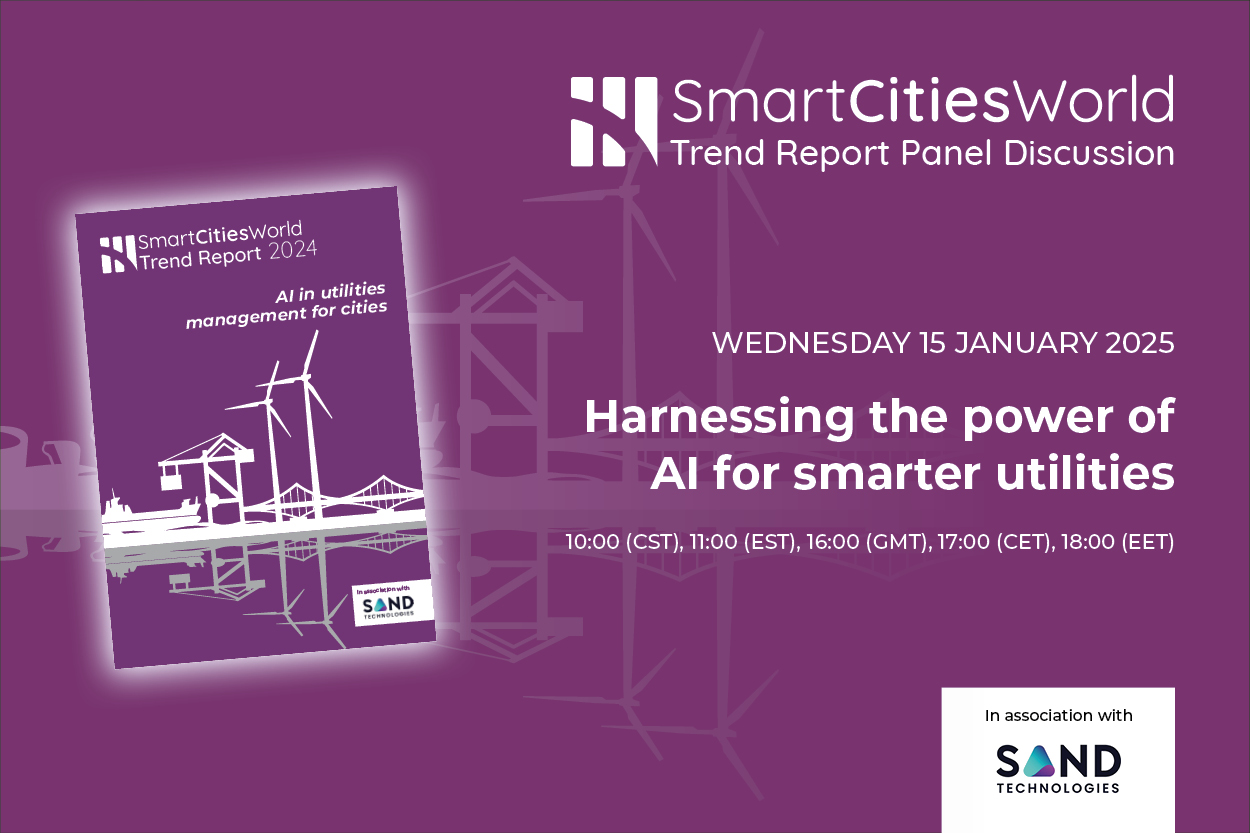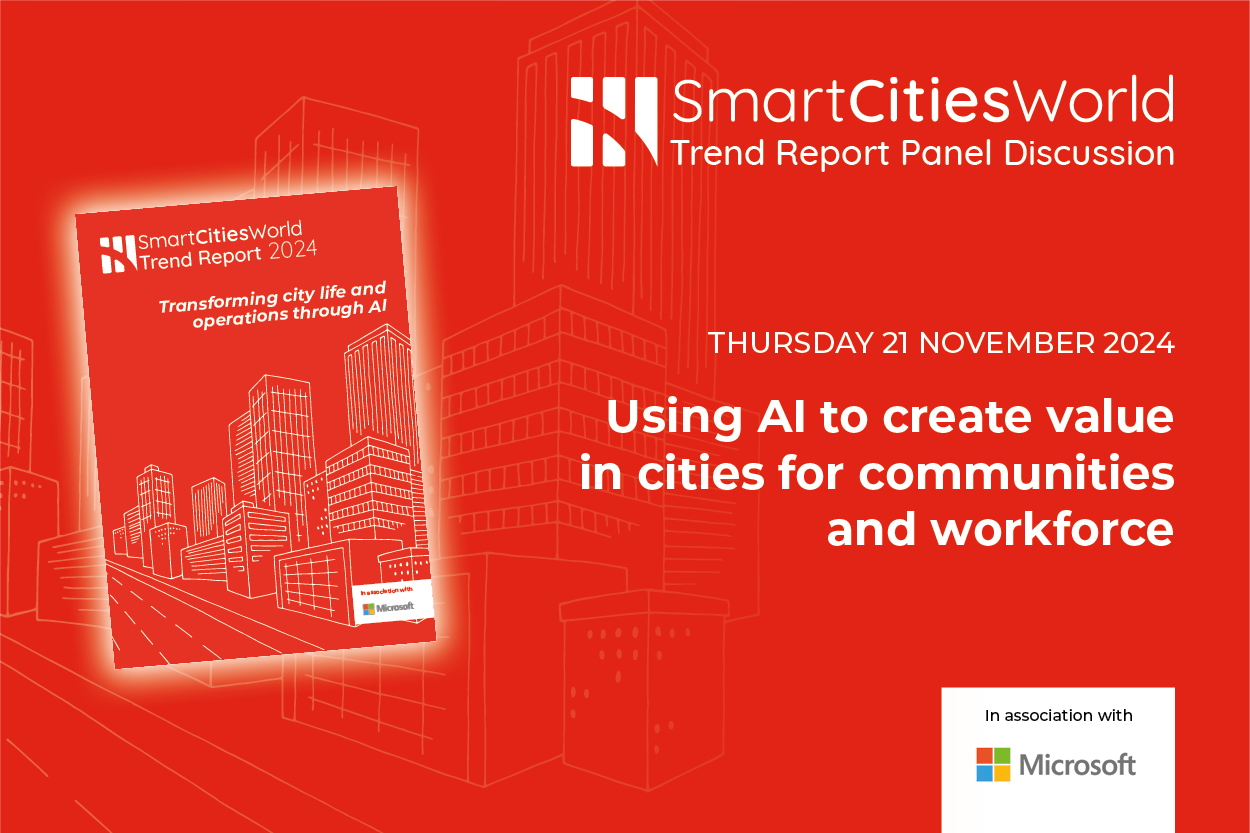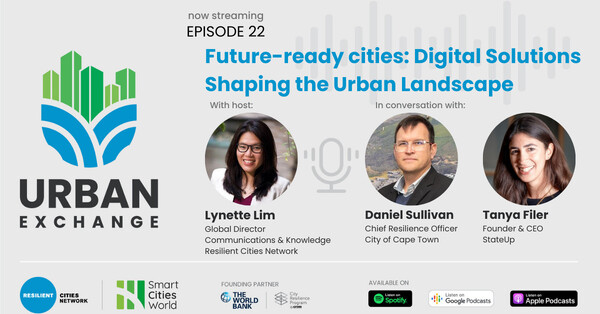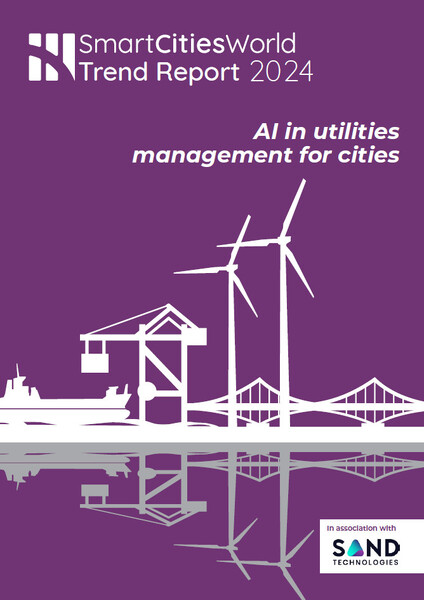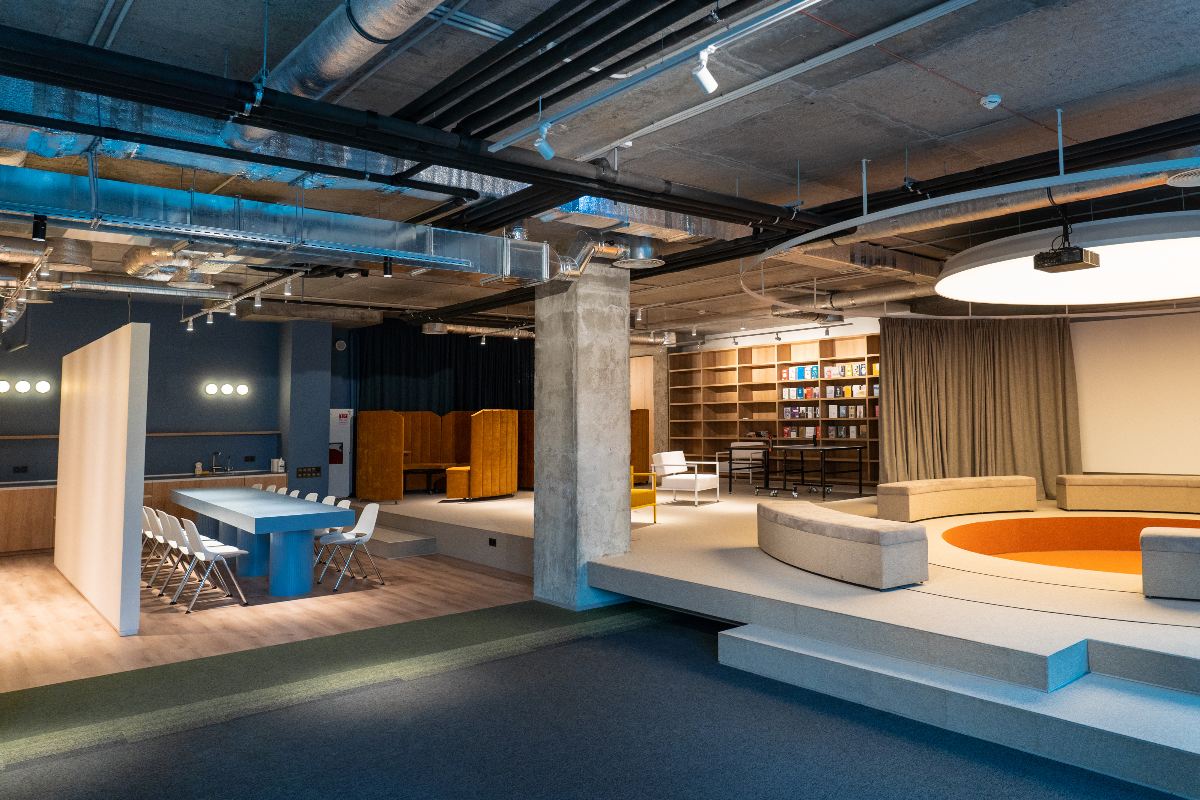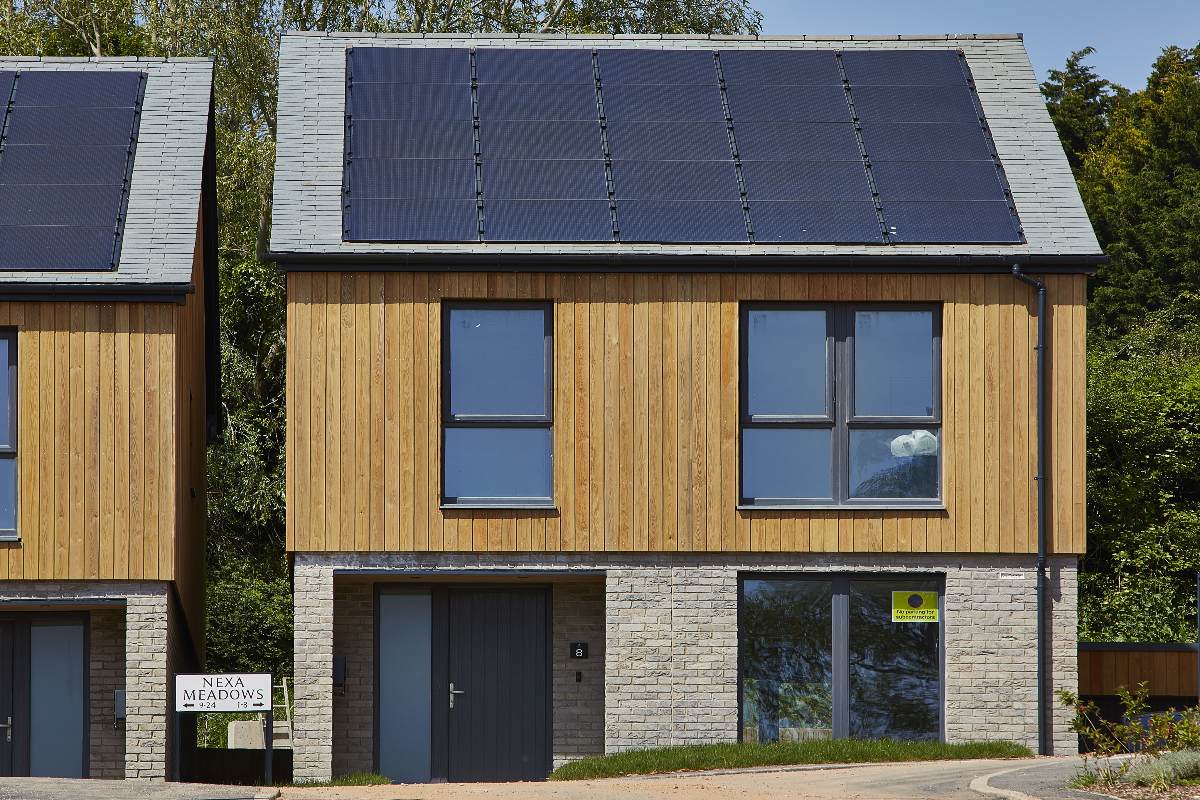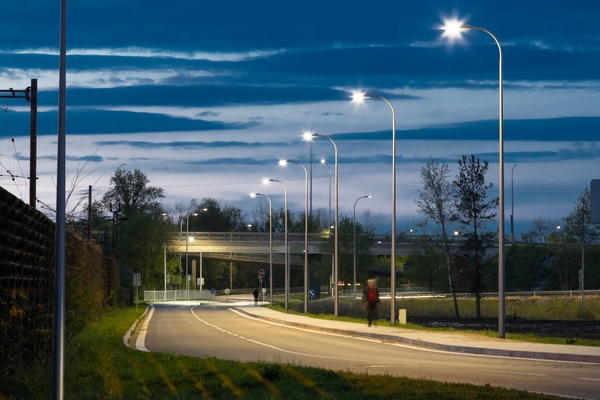Special Reports
SusHi Tech Tokyo 2024: experience ‘Tokyo 2050’ todaySponsored by The SusHi Tech Tokyo 2024 Showcase Program Executive Committee
White Paper: Directions in sustainability for industry
This white paper covers how to break the “take-make-waste” cycle in society. It looks at the desire and discipline to achieve the balance between individual human needs, economic viability, and environmental quality that defines sustainability.
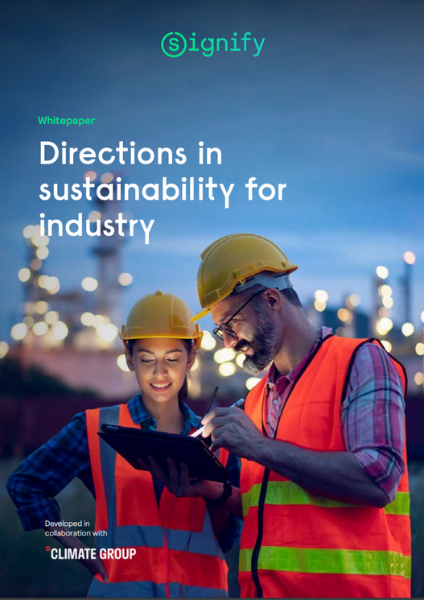
The impacts of the four industrial revolutions have influenced better lifestyles through improved access to lower-cost, mass-produced goods. However, each cycle of change has also intensified reliance on fossil fuels, increased carbon emissions, and strained natural resources. Circular economies, emphasizing sustainability, are proposed as a solution to the linear model dominating global economic systems, calling for a balance between human needs, economic viability, and environmental quality.
To achieve sustainability, companies are urged to adopt circular practices in both industrial and supply chain sectors. This involves reducing energy consumption, using renewable energy sources, and implementing circularity in product design, end-of-life management, material sourcing, and logistics. Transparency, standards, and circular processes, such as waste reduction and recycling, are essential components. Integrating circularity into business processes aims to reduce waste while retaining the value of products.
Specific practices, like Light-as-a-Service (LaaS) contracts and connected systems based on LED lighting, offer practical ways for industries to transition towards sustainability. LaaS contracts enable companies to upgrade to energy-efficient LED lighting with minimal upfront costs, contributing to lower total ownership costs, reduced carbon emissions, and energy efficiency incentives. Connected systems, utilizing technologies like IoT and real-time analytics, help manage energy demand, reduce waste, and enhance operational efficiency. The integration of digital technologies into industrial processes defines a digital transformation that empowers circularity by creating frameworks for sustainable business models.
The adoption of connected technologies also aligns with occupational safety and health goals, allowing companies to mitigate workplace risks and monitor conditions to ensure a safe and healthy work environment. The multifaceted approach of implementing these technologies should also consider cybersecurity issues to protect against potential risks associated with digital transformation. Lastly, the integration of sustainability principles into business models has shown added value for industrial sector CEOs, with many recognizing the importance of becoming sustainability leaders and leveraging technology to achieve long-term sustainability targets.
This white paper covers:
- How circular economies promote sustainability within industry
- How sustainability meshes with circularity
- How Light-as-a-service (LaaS) lowers costs and offers value
- How to manage energy demand through connected systems
- How connected technologies in the workplace can promote occupational health and safety
In association with

.
